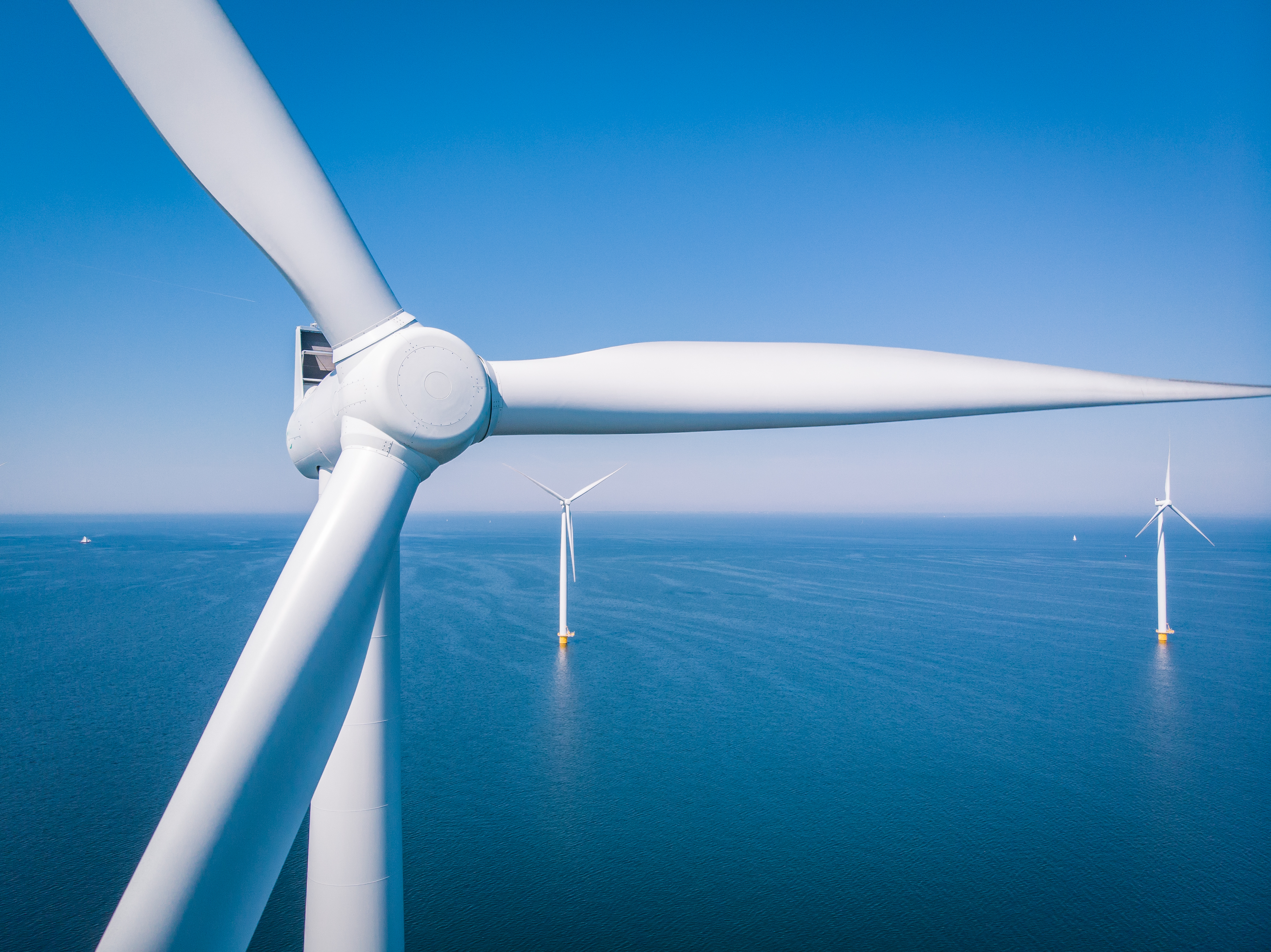The global election wave of 2024: shaping the future of energy transition
In 2024, almost half of the world’s population will head to the polls, marking a pivotal year for global politics. These elections are set to underscore key trends such as geopolitical competition, economic nationalism, and political polarisation.
These trends will inevitably impact global energy markets and the progress of the energy transition, according to Energy Perspectives 2024, an independent energy scenario analysis prepared by Equinor analysts.
Eirik Wærness, Chief Economist at Equinor, highlights the growing challenges in delivering on the 1.5°C ambition. "Despite some regions' adamant push on energy transition efforts through stimulus and regulation, global developments over the past few years have made these challenges larger," says Wærness. Increased geopolitical conflicts and outright wars have fragmented the energy transition, with positive developments often being offset by negative ones.
The road ahead: uncertainty and opportunity
Wærness acknowledges the uncertainty surrounding the speed and scale of decarbonisation toward 2050 and beyond. "Despite short-term setbacks, the longer-term signals clearly point toward significant energy transition and decarbonisation. However, the walls [term used to describe the current pace of the energy transition, characterised by slow and fragmented progress] have become thicker, and the bridges [term used to depict the rapid, radical changes necessary to meet the 1.5°C target set by the Paris Agreement] narrower," he explains.
Europe, having experienced a tight energy supply situation in recent years, is now seeing improvements. According to Equinor’s report, energy supply security and affordability have taken precedence, contributing to the acceleration of the transition in some sectors. Yet, both industrialised and emerging economies are prioritising differently as they emerge from an energy crisis amid higher levels of geopolitical conflict.

"Energy Perspectives provides important insight into the outcome space we must consider when balancing our strategic priorities in the energy transition," says Anders Opedal, President, and CEO of Equinor. This year's report updates the Walls scenario while maintaining the benchmark Bridges scenario from the 2023 outlook. Rather than predicting the future, Energy Perspectives offers potential future paths for the global energy system based on current choices, fostering debate and informed decision-making.
The UK's Offshore wind challenge
The UK's struggle to meet its offshore wind targets exemplifies the broader challenges facing the energy transition. A new report from IPPR reveals that the UK will miss its 2030 offshore wind target by a generation unless it significantly ramps up manufacturing and installation efforts. The report underscores that the UK needs to triple its installation rate to stay on track.
Historically, the UK has missed economic opportunities due to its low levels of wind component manufacturing. If the UK had capitalised on its wind installation market as effectively as leading European nations like Denmark, Germany, and Spain, it could have generated an additional £30 billion between 2008 and 2022, according to findings by the Institute for Public Policy Research (IPPR).
Despite these setbacks, the UK has a unique competitive advantage due to its pre-existing green industries, large wind deployment market, and innovation ecosystem.
Seizing the opportunity
IPPR’s research said that that a substantial investment in domestic manufacturing facilities reduce the UK’s import and energy dependence while reviving the manufacturing industry.
An investment of £3.2 billion in UK manufacturing could generate tens of thousands of direct and indirect jobs, particularly benefiting small and medium-sized businesses, the report said.
Ajai Ahluwalia, Head of Supply Chain at Renewable UK, pointed out that coordinated efforts between industry and government can mobilise nearly £3 billion of funding nationwide, with private finance playing a significant role. Such collaboration will not only support the growth of the wind energy sector but also deliver substantial economic returns, with an estimated return of just under £9 for every £1 invested.

By providing developers with the security of long-term contracts, the UK can stabilise the market and encourage investment in wind power infrastructure. According to IPPR, this approach would create a more predictable environment for businesses, fostering growth and innovation in the sector.
Furthermore, the report stresses the importance of supporting businesses to expand capacity across the entire wind manufacturing supply chain. This can be achieved through targeted grants and public-private investments, which would enable companies to increase their production capabilities and meet the rising demand for wind energy components. By enhancing the manufacturing capacity, the UK can position itself as a key player in the global wind energy market, driving economic growth and job creation.
Additionally, upgrading infrastructure is crucial for the successful deployment of large offshore wind farms. Improved infrastructure will facilitate the efficient transportation and assembly of wind turbines, reducing costs and increasing the speed of deployment.
KEEPING THE ENERGY INDUSTRY CONNECTED
Subscribe to our newsletter and get the best of Energy Connects directly to your inbox each week.
By subscribing, you agree to the processing of your personal data by dmg events as described in the Privacy Policy.
















